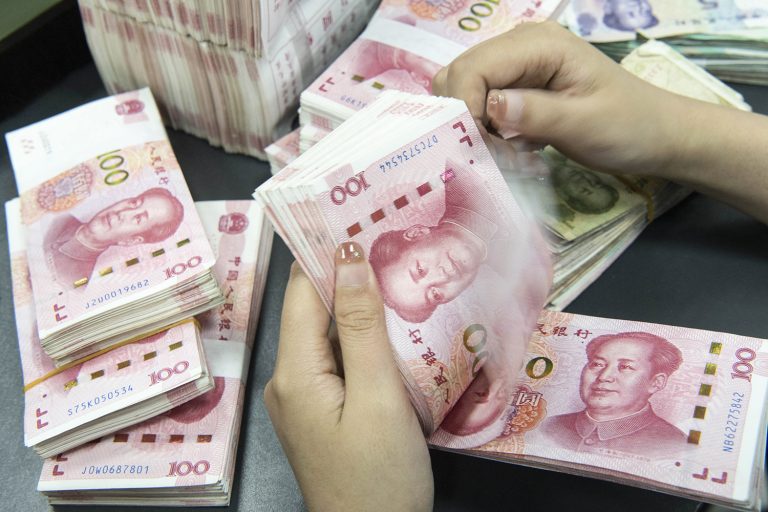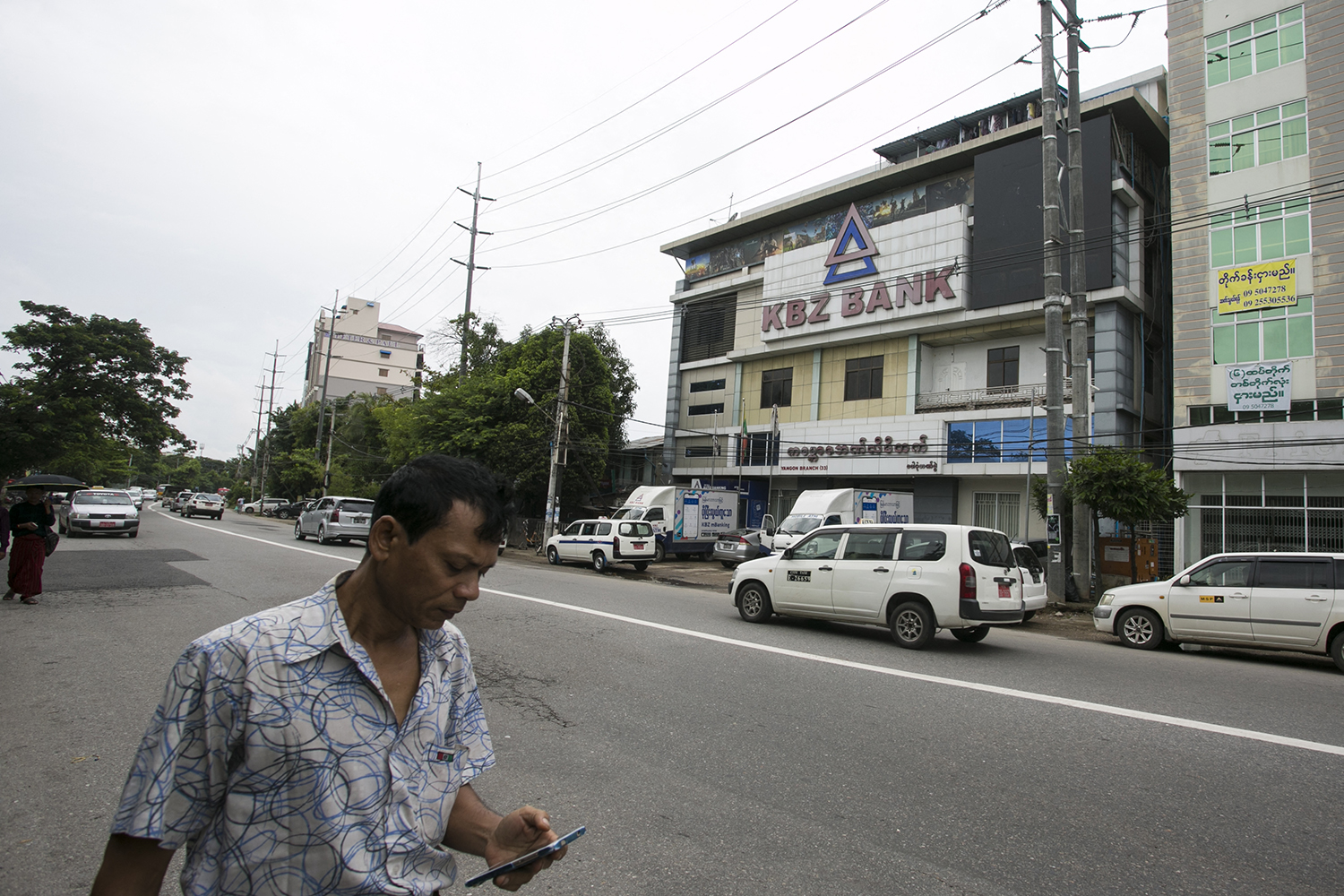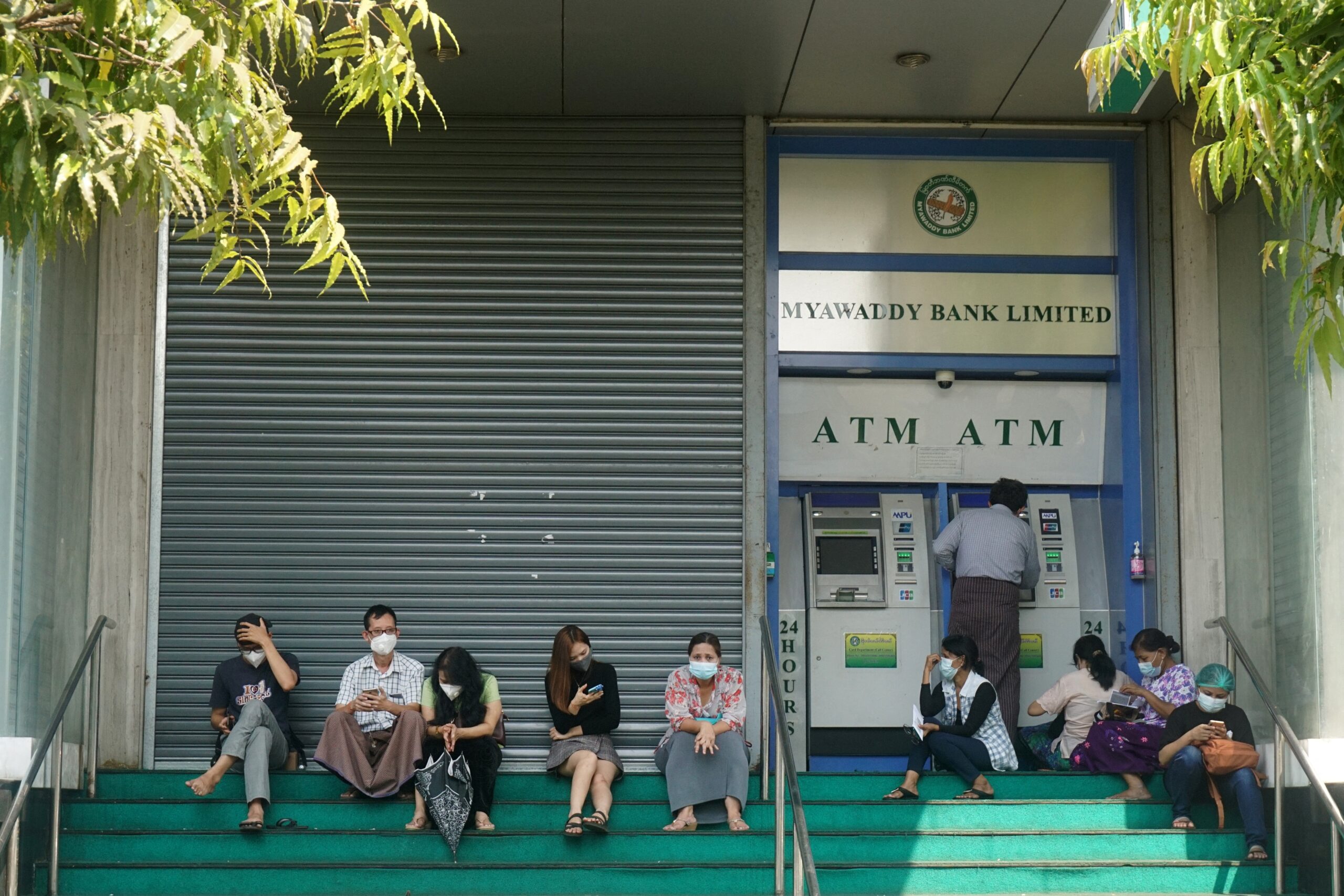Over the next two months, the National League for Democracy government has to make one of its most important decisions to date – one that will affect not just the country’s financial sector, but its entire business ecosystem.
ON JULY 31, Central Bank Governor U Kyaw Kyaw Maung will serve the last day of his five-year term.
The decision on his replacement comes at an important time for the banking sector. Last July, the Central Bank issued four prudential regulations to bring the sector into line with the Basel Accords and 2016 Financial Institutions Law, but the new rules have coincided with a slowdown in the property market that has left many banks in a difficult position.
The regulations require a liquidity ratio above 20 percent and for overdraft loans, which are widespread, to be converted to term loans. Rules on large exposure loans cap lending to a single party at 20 percent of shareholder equity, while banks are also required to keep unsecured large exposure loan portfolios at a cumulative value below total shareholder equity.
Even with relaxed deadlines for implementation, some banks will struggle to comply. Amid this uncertainty, there may be a temptation to keep Kyaw Kyaw Maung in place — either temporarily or for another term — to ensure stability, a steady hand at the tiller.
Frontier believes this would be a mistake. Having run the Central Bank for 15 of the past 20 years, Kyaw Kyaw Maung is as responsible as anyone for the difficulties the banks now find themselves in. He is not the man to take the banking sector forward.
Support more independent journalism like this. Sign up to be a Frontier member.
There are many other candidates, some of whom we’ve profiled. Each has supporters and detractors; everyone in the sector recognises what is at stake.
We do not have a preference on who should get the position, but we do have a view on the type of candidate that is required, on the skills and attributes that they will need to bring to this tough position.
The first is that the new governor should be a committed reformer; someone who looks to the past only for lessons, not out of nostalgia.
He — it will almost certainly be a man — would benefit from an in-depth knowledge of Myanmar’s banking sector, but at the same time should not be beholden to or aligned with any particular business interests.
While experience is preferable, it should not be a deal-breaker. More important is that the governor is politically savvy, capable of navigating the various interest groups while keeping everyone working towards a common goal of reform.
While the prudential reforms and their manner of implementation have caused some angst, there are many other changes on which consensus should be easier to reach. Banks are caught in a mire of red tape and paperwork, from early closing hours to daily reporting of transactions. Aside from making it difficult for banks to do business, some of these rules have enabled corruption to thrive.
Outdated collateral rules have pushed the banks into their present predicament, whereby 92 percent of loans are backed by real estate that has lost significant value in recent years. This does not absolve the banks of responsibility, but does highlight the effects of bad regulation and management of the sector.
The new governor will also need to have an acute understanding of how hard and fast to push reform. A banking crisis – even a mild one – will be devastating for an industry that took a decade to recover from the runs and closures of 2003. Some will lose more than others, but nobody will benefit.
In an industry that depends on trust, personality is important. The Central Bank needs a more decisive and visible governor, one who can inspire confidence and command respect.
In these challenging times, it needs a leader.







